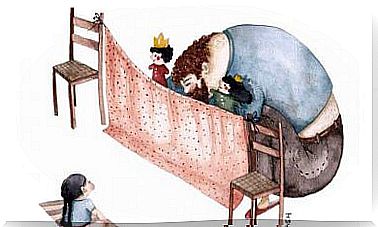Time Is Wealth

In the novel And if it was true by Marc Lévy, the author presents us with this curious situation which, at the beginning, has no relation to time. Imagine you have a bank account and every morning you wake up with a balance of $86,400.
There are only two rules that you must follow to take advantage of this opportunity. You can’t keep money overnight. In other words, every night your balance will be zero again, even if you couldn’t spend it all during the day.
The second rule is to know that one day , your account will no longer feed in this way. However, you will not be able to know when this will occur. No one will warn you. What would you do ? Think you would spend that money every day? I am sure we would all take advantage of this wonderful opportunity.
We all have this account. We are all customers of the same bank and we are registered there from birth. This bank is called life and the savings account is called time. In the first second of your day, 86,400 seconds are transferred to your account, which you can spend for 24 hours. Each night the balance would revert to zero.
It is not allowed to accumulate this balance for the next day. Every morning your account will be reset and every night the balance evaporates. There is no going back. Everyone can invest this number in what makes them happy: family, success, friends, passions. But remember, you only have one life. Until proven otherwise, it is the only one we have (except from the point of view of faith). The important thing is not how much time you have but what you do with it.

Who is happier: the one with the most time or the one with the most money?
Which option would you choose? Have a shorter working day. So you could devote more time to your family, your personal activities, your spouse, etc.? Or on the contrary, would you prefer to earn more money per day but not be able to devote time to what we just mentioned?
This question was at the heart of a study. The results were published in the journal Social Psychological and Personality Science. Researchers asked nearly 4,500 Americans whether they value money or time more to achieve happiness. 64% of those surveyed said they would rather have more money. Nonetheless, the study also found that those who valued their time more were the most satisfied with the life they had. This results in a better level of happiness.
Spending free time enjoying what we love brings us more satisfaction in the long run. There is evidence that investing time in experiences makes us happier than investing time with material things.
We are sociable beings. We live and feed off relationships, socializing, laughing with friends, spending time with our spouse, our family, and doing what we love. And we tend to forget that this time goes by.
There comes a day when it goes away and unfortunately we are not able to know when that will happen. We seek to convince ourselves that we are eternal beings and we waste the opportunity to invest seconds. Time passes, life passes, let’s live it.

Give more importance as we get older
A study by the University of British Columbia in Vancouver (Canada) found that placing more importance on time than on money is associated with greater happiness. Especially when to get this money you have to spend long days at work. As someone ages, time occupies a higher position on the priority scale.
With age, we are more aware of the value of time. And the value of money, on the contrary, decreases in importance. Time is something that we cannot recover. It is up to us and we are able to decide how we want to invest it. Don’t let others decide your investment in seconds. Don’t let time slip through your fingers. Finally, don’t let the day come when you will regret not having put this time to good use.










